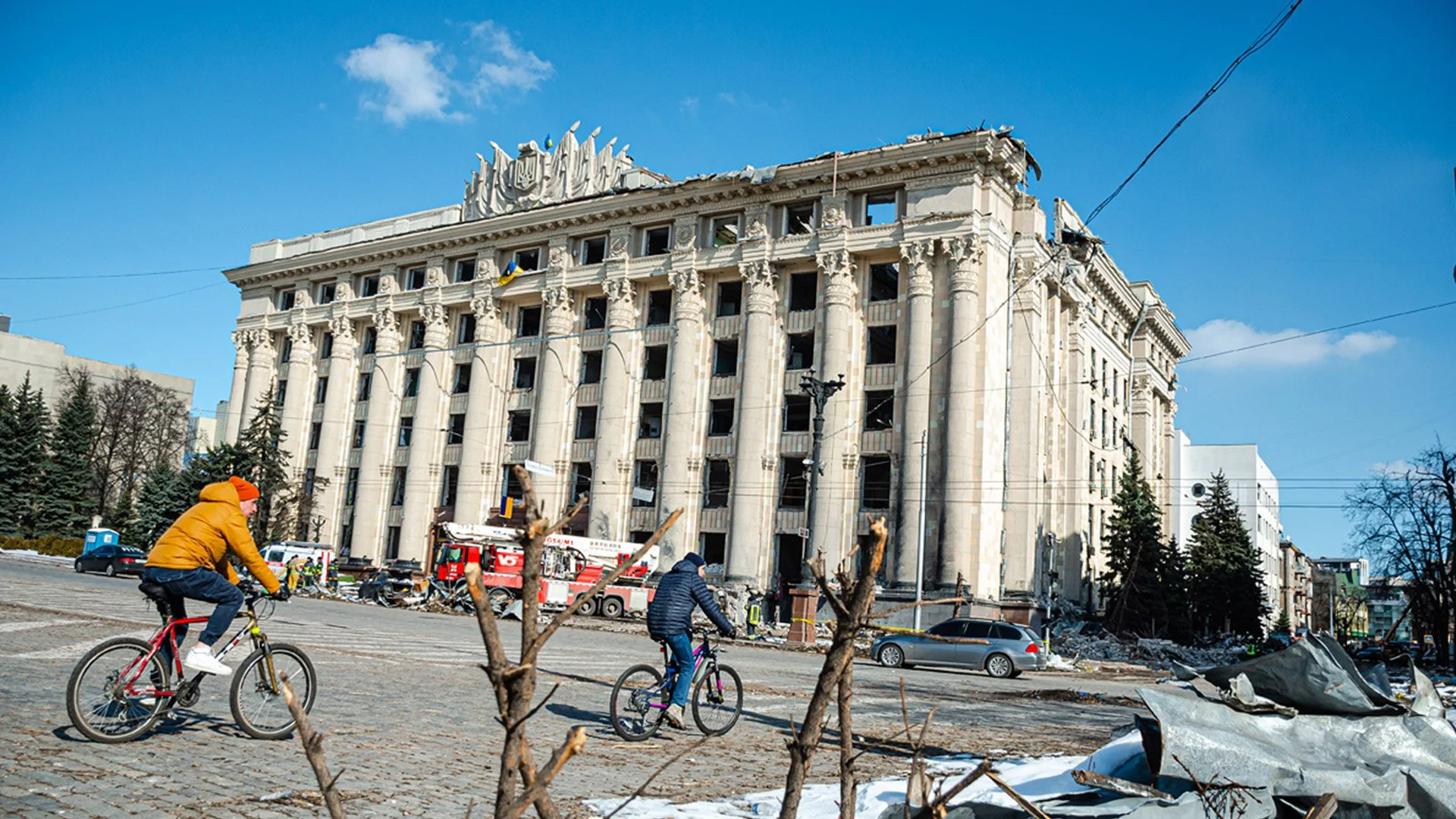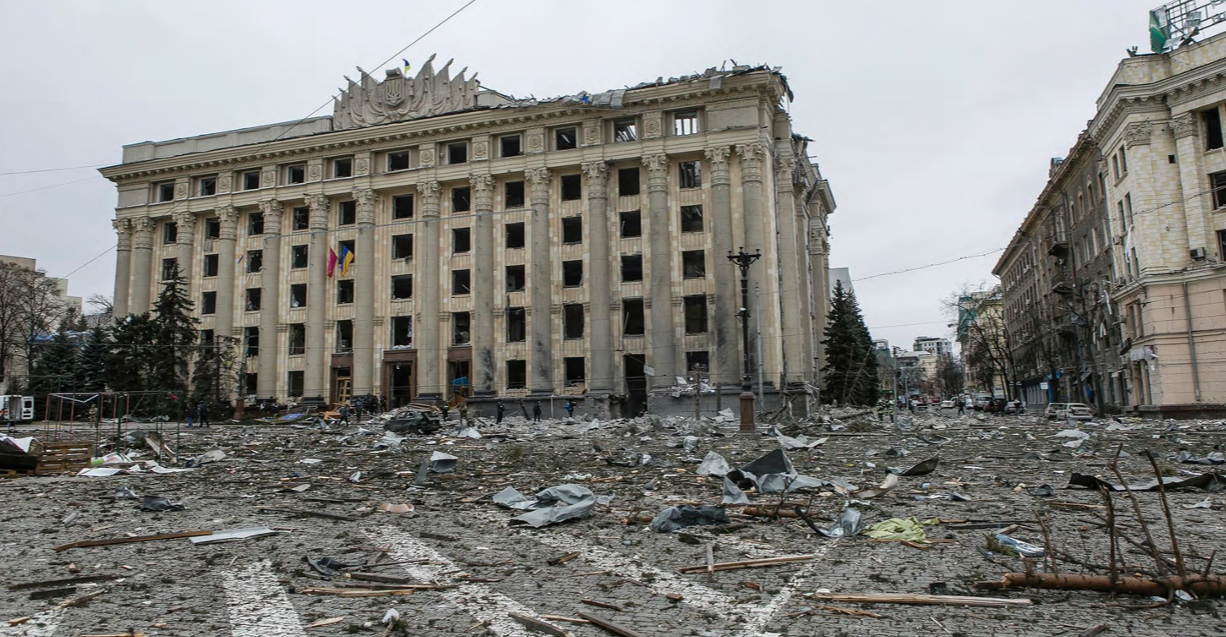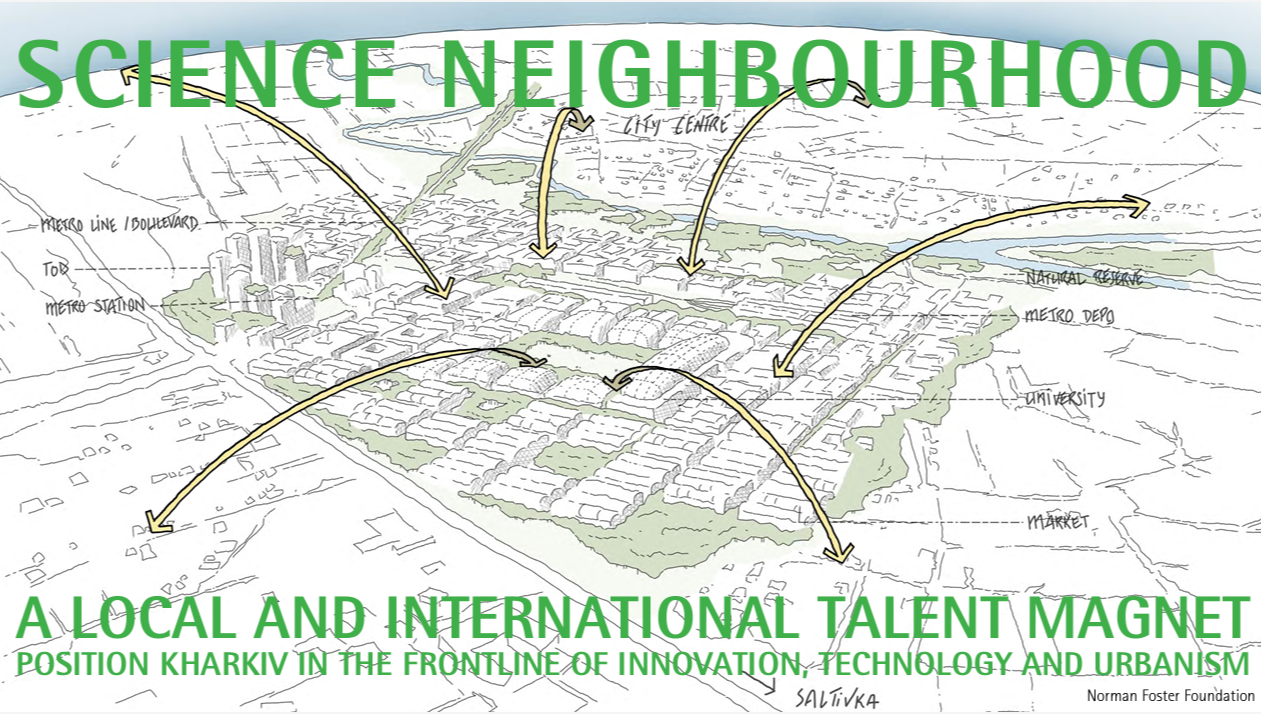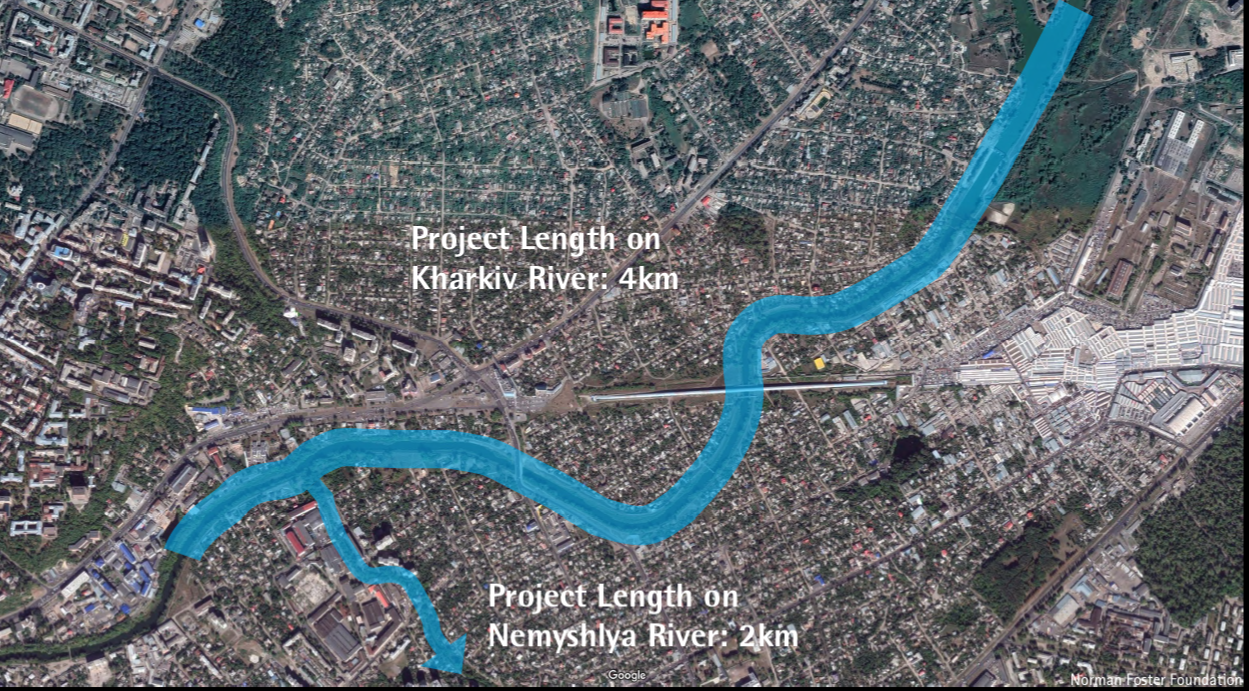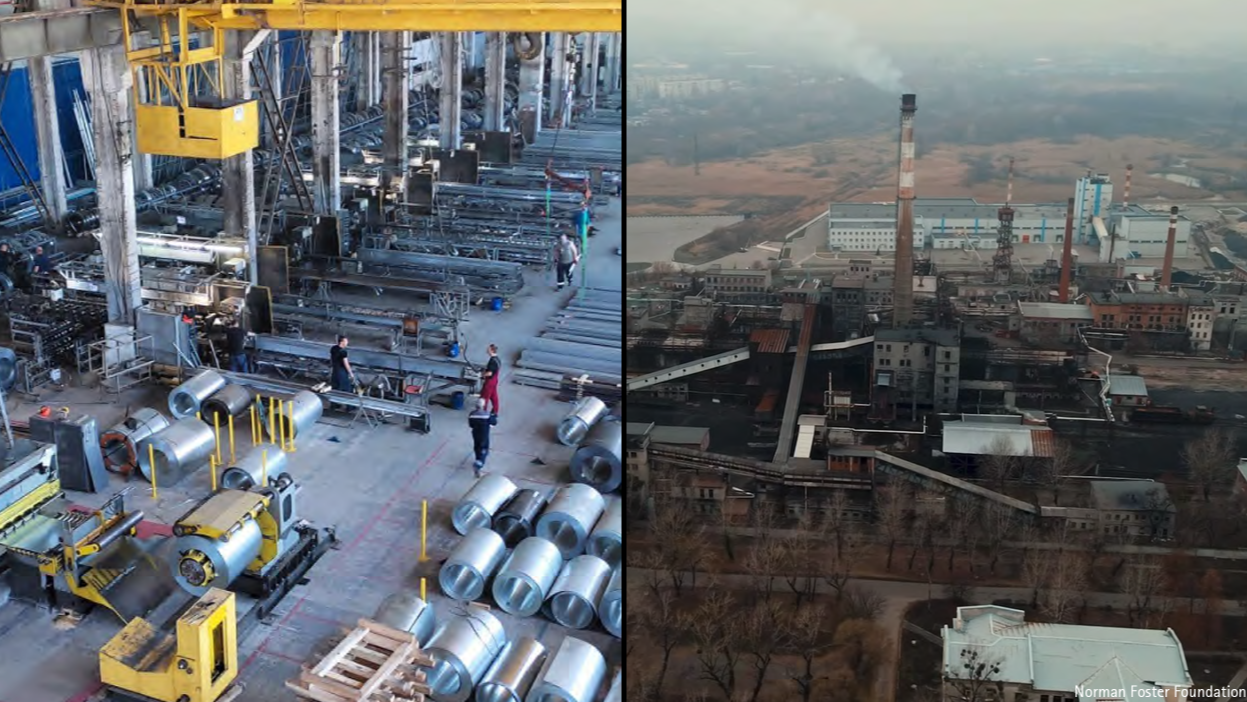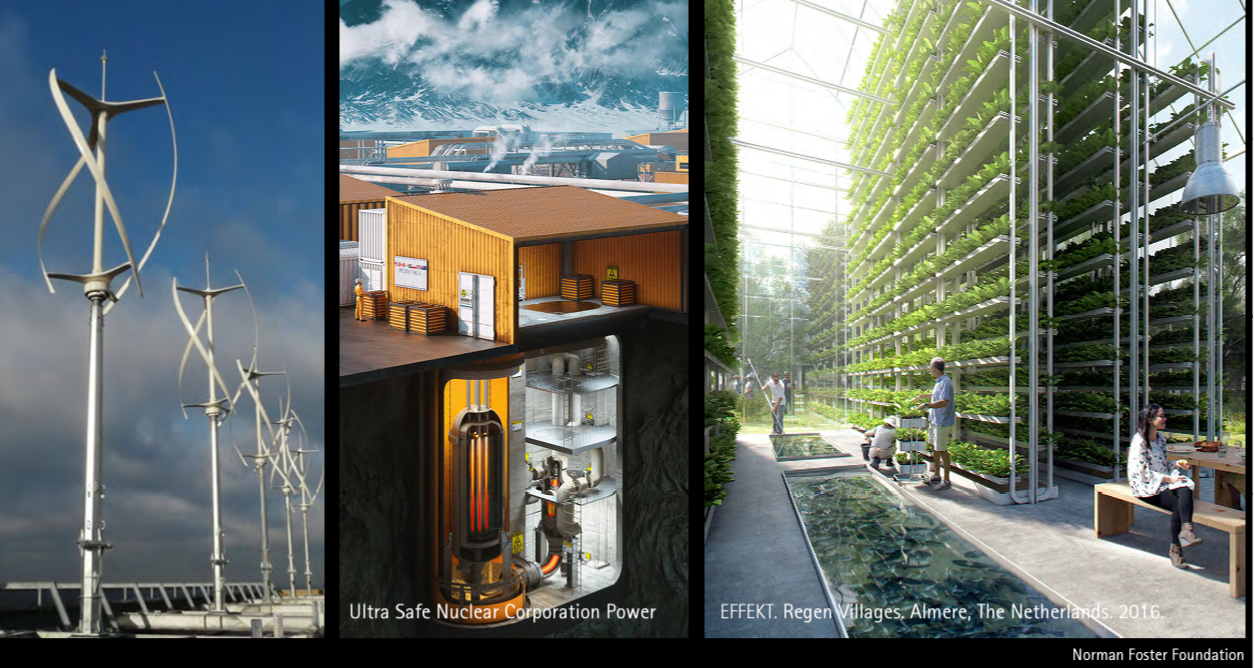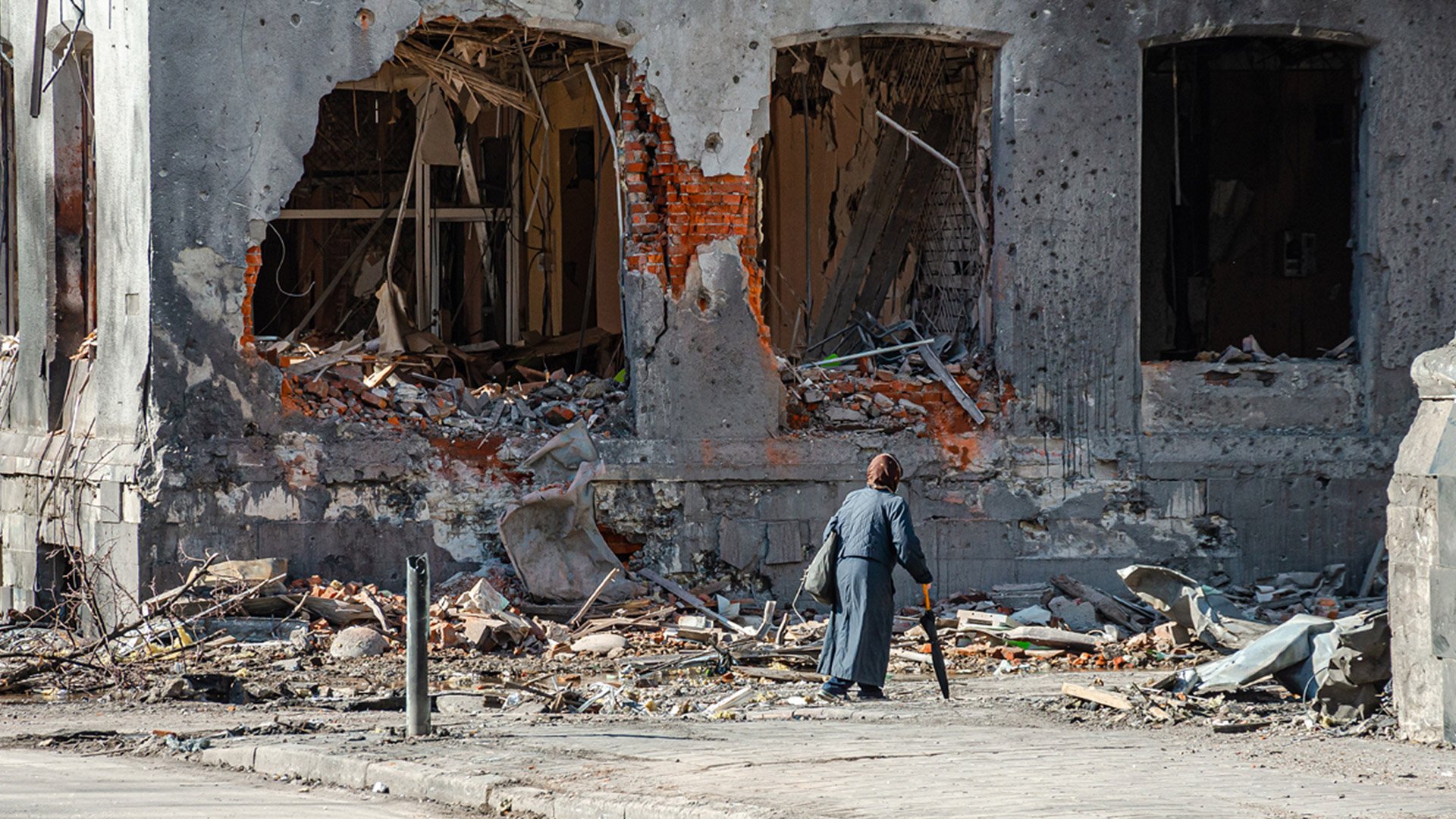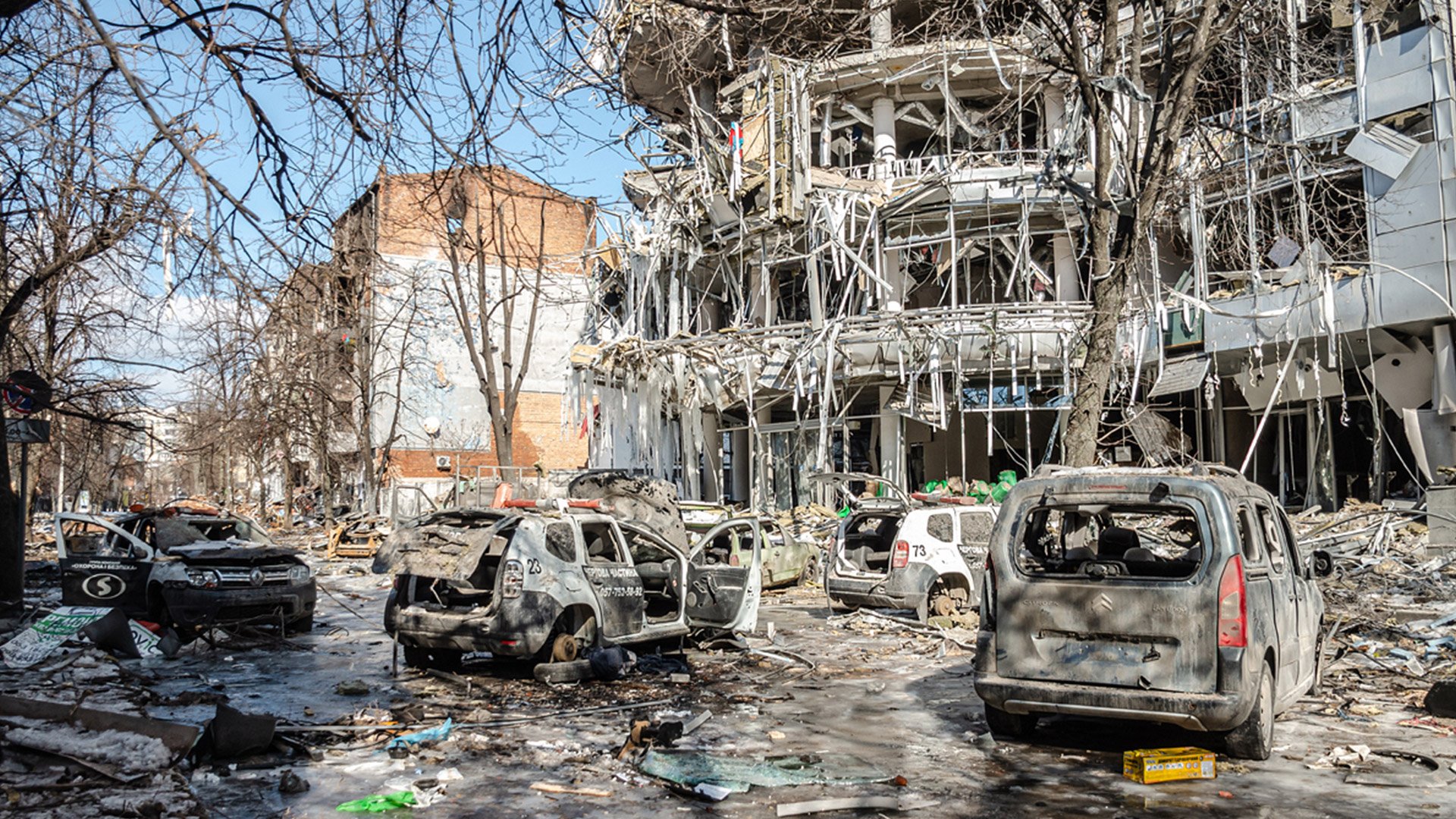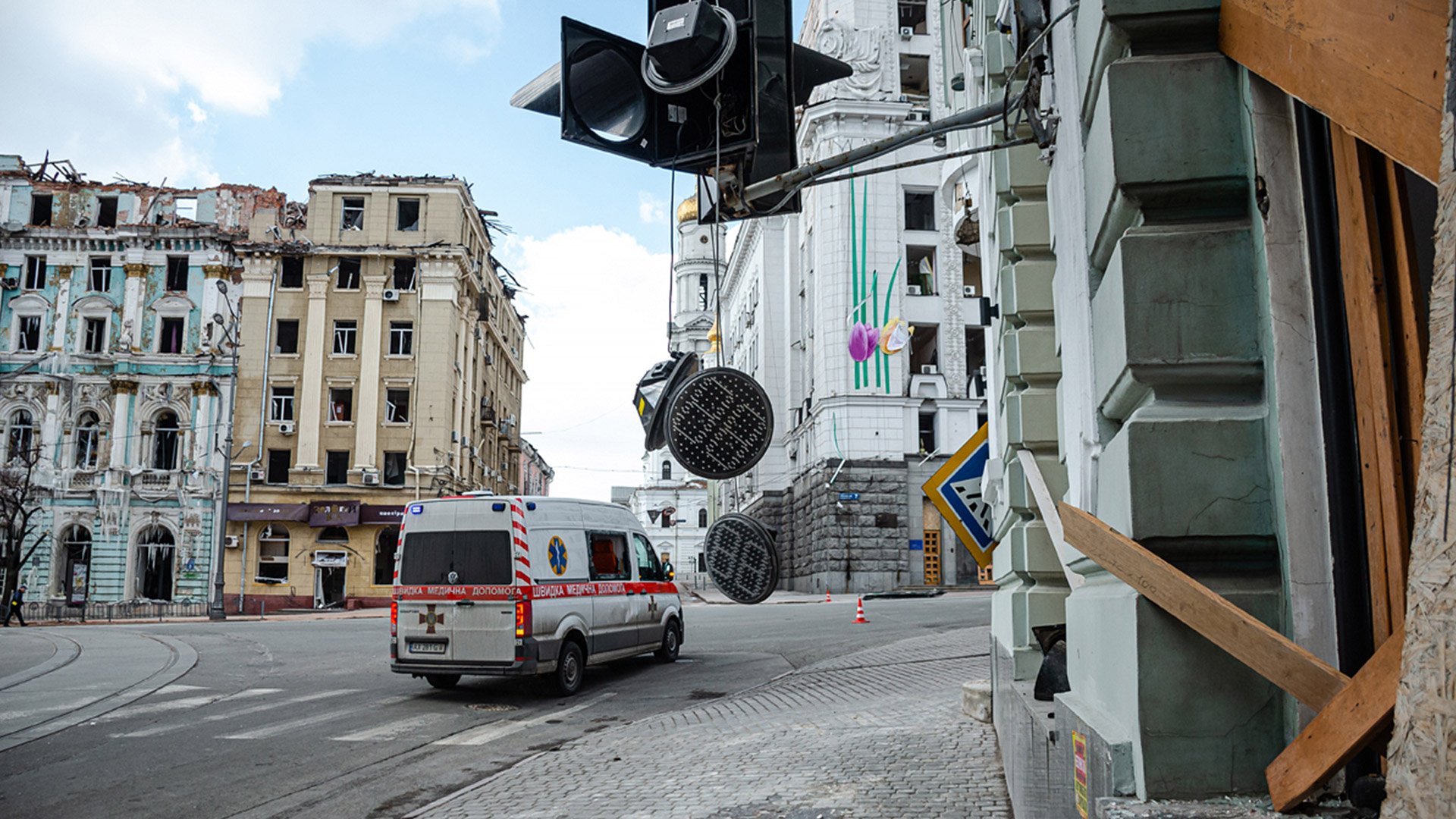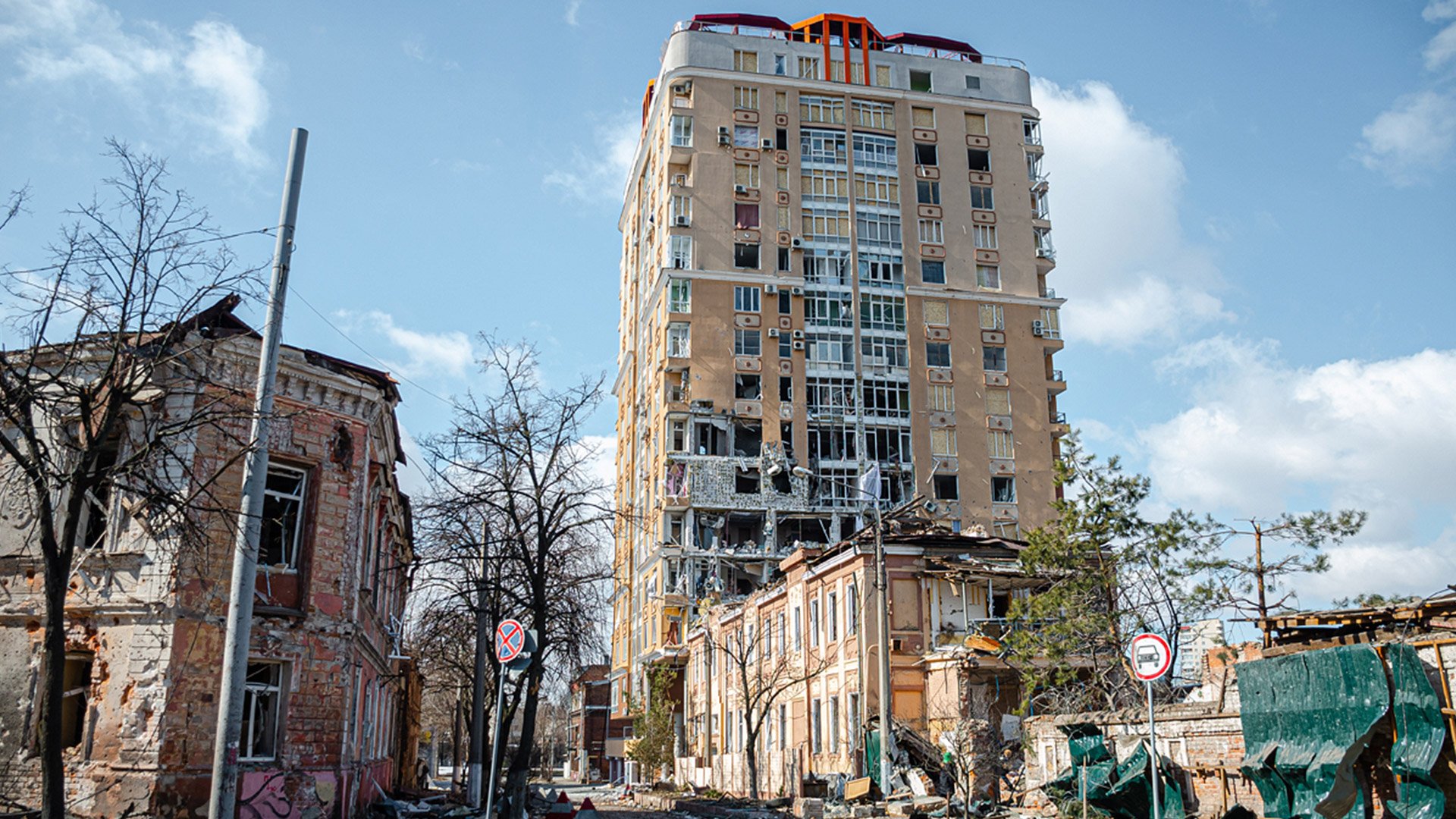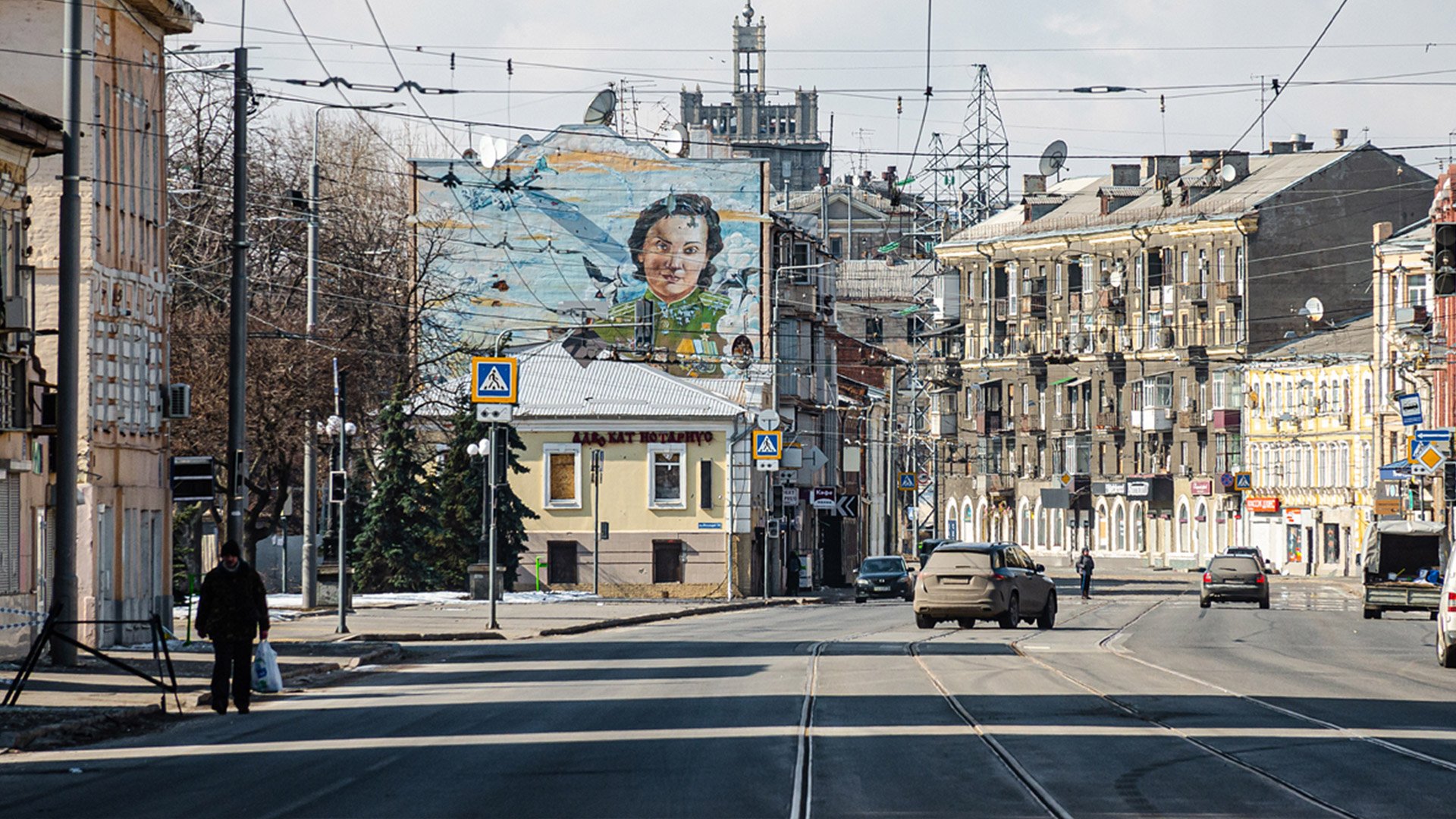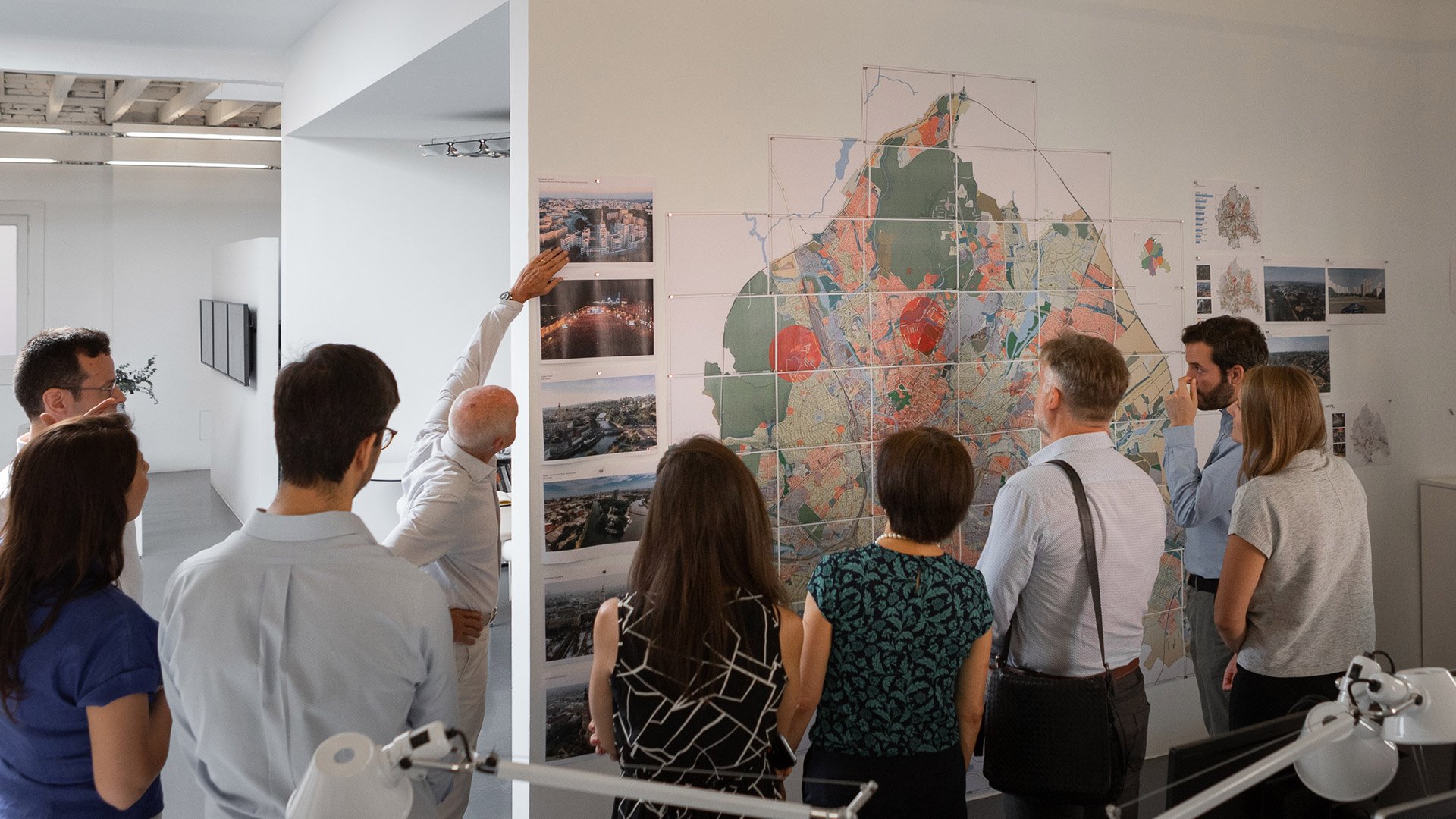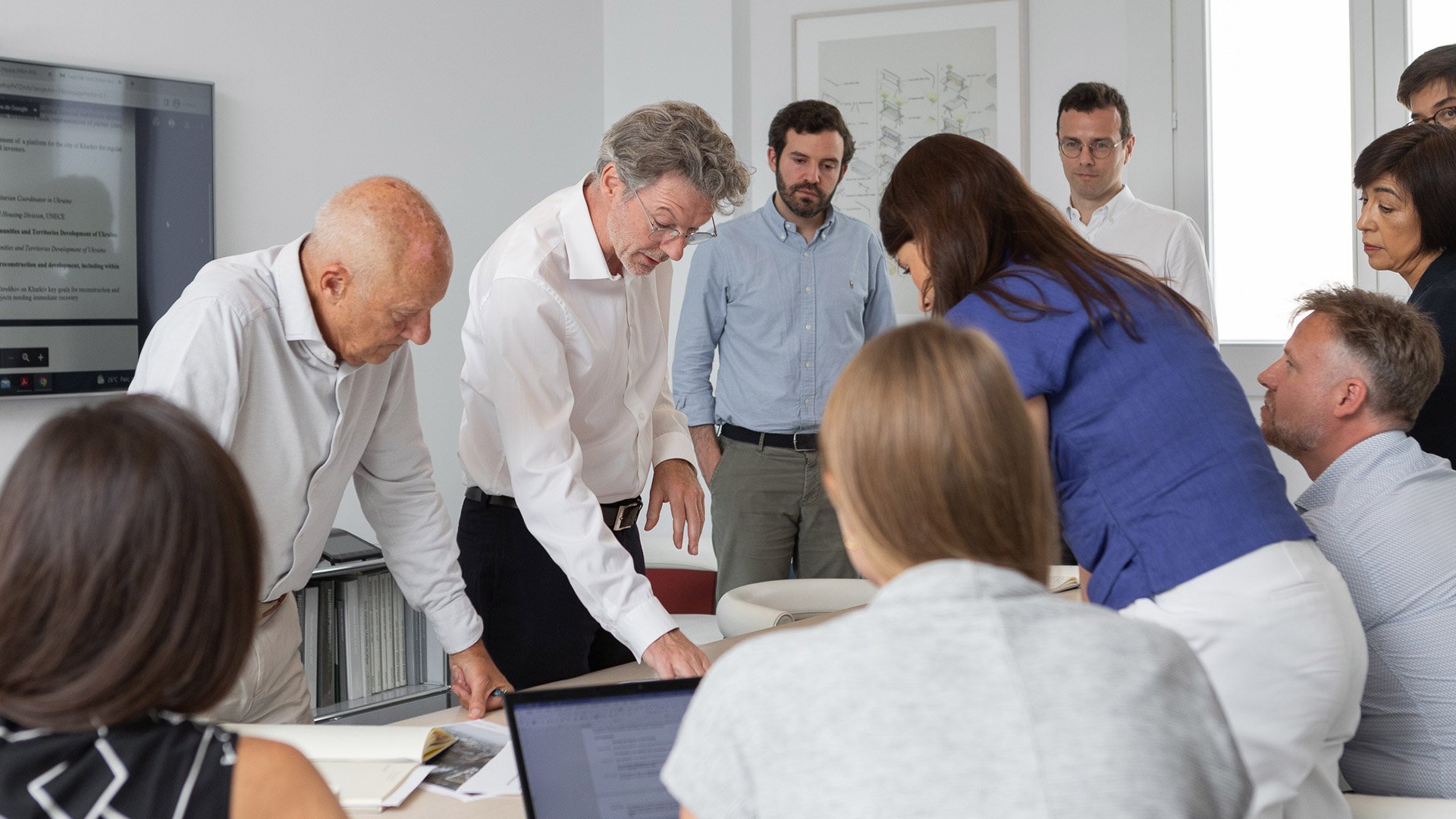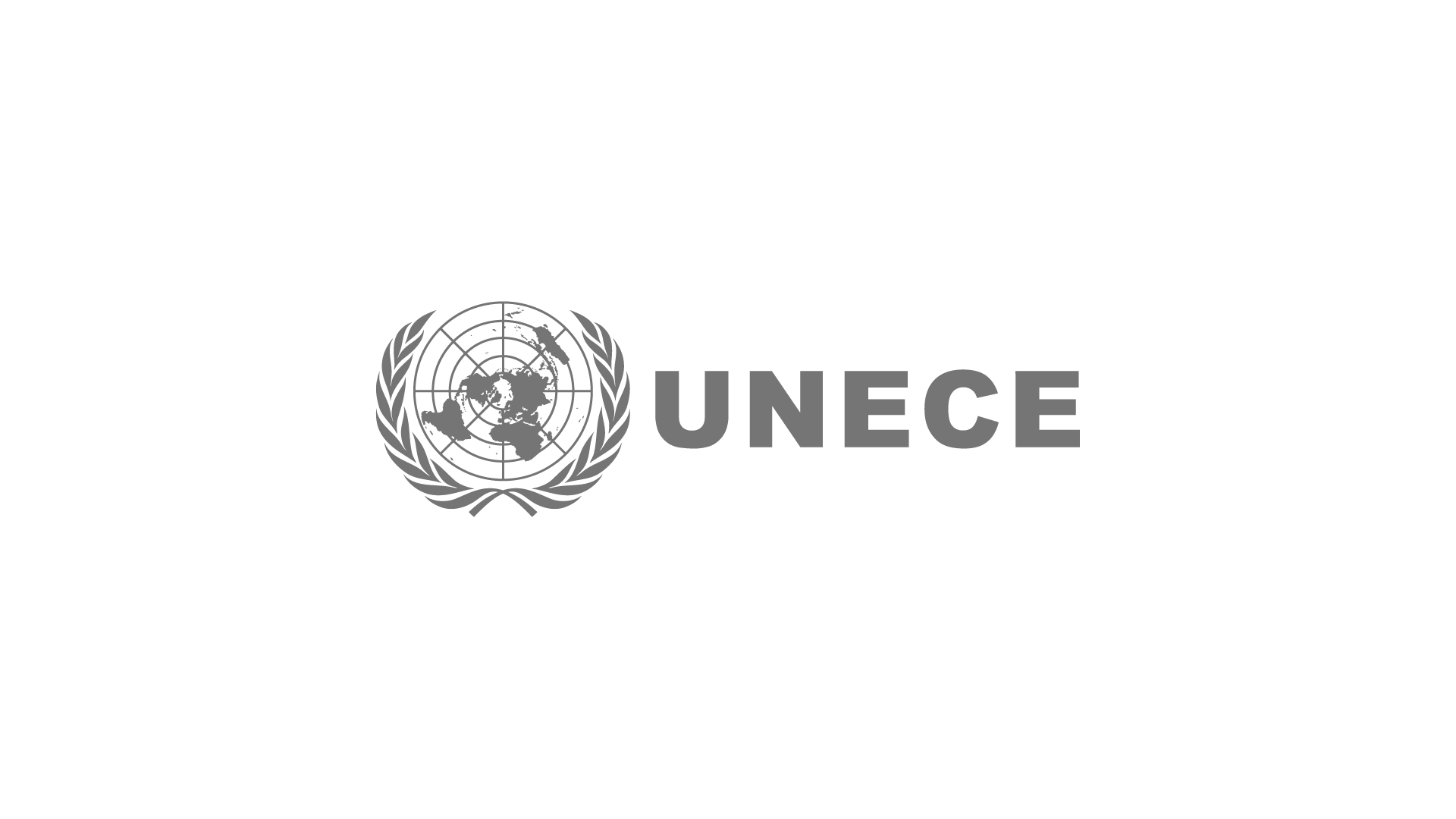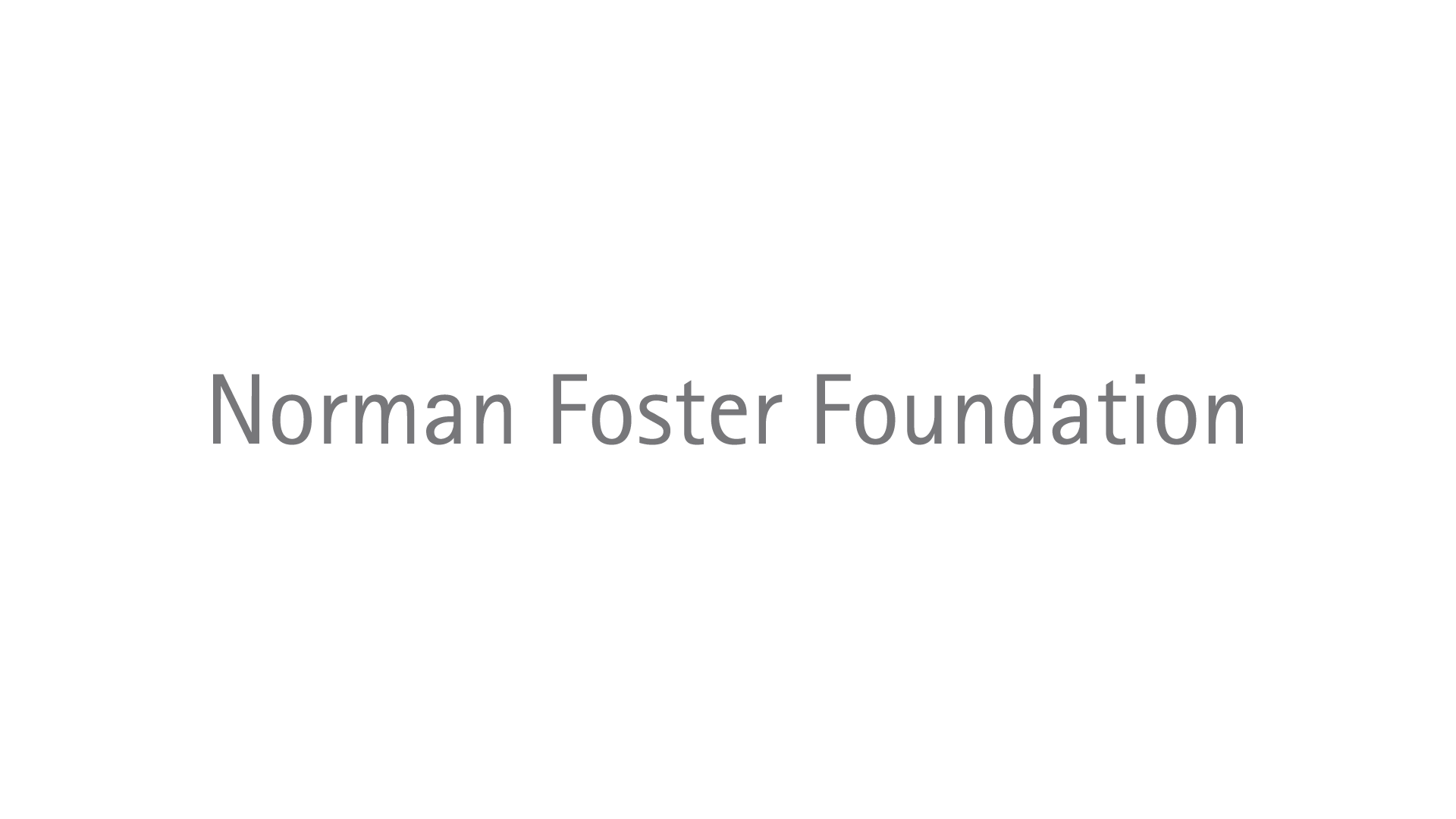Kharkiv
Regional Administration Building Headquarters in Kharkiv, Ukraine. Photo credits: Kharkiv City.
The UN4UkrainianCities initiative started in April 2022 at the Second UNECE Forum of Mayors, when the Mayor of Kharkiv invited the architect Norman Foster to lead the development of the reconstruction plan for the future of the city.
Challenges
Second Largest City
Kharkiv, which is located in the north-east of the country, is the second-largest city in Ukraine.
People
Kharkiv has a population of 1.4 million people.
Kharkiv has Suffered Considerably from the ongoing conflict
According to the Mayor, around 25% of urban infrastructure and housing has already been destroyed.
Reconstruction
As of June 2022, the city reported that 500 residential buildings need reconstruction, and 2990 need major repairs. 207 kindergartens and schools, and 14 university buildings have also been damaged.
Infrastructure
80 tram units, 60 trolleybuses and 70 buses need to be replaced. Moreover, 80 boiler houses need major repairs before winter approaches.
The development of the new concept master plan is being led by UNECE and the Norman Foster Foundation, in close collaboration with Arup Berlin and Kharkiv City Council. From the onset, the work has also been developed in cooperation with national architects, engineers, urban planners and practitioners, as well as an Advisory Board composed of international experts and relevant development partners. In parallel, professors Edward Glaeser from Harvard University and Ian Goldin from the University of Oxford have been providing expert assistance in developing a new urban economic vision for the city of Kharkiv ahead of 2030.
The project will support relief, rehabilitation, and development, through 5 pilot projects that seek to ensure balanced and inclusive urban development, grounded in the new concept master plan for Kharkiv.
Heritage
Rivers
Industry
Parks
Housing
Between April 2022 and February 2023, over 110 working sessions have taken place between more than 800 people working on the project. Over 16,000 local constituents were contacted through a questionnaire, giving them an opportunity to share their vision for the future of their city.
Between December 2023 and December 2024, the UN4UkrainianCities Initiative will take on four key tasks to tackle the complex challenges faced by Kharkiv.
Heritage - This consists of an international competition to redesign the damaged Regional Administration Building in Kharkiv’s Freedom Square and its surroundings. This will involve conducting assessments, engaging the local community through public consultations, and organizing an international architecture competition to select winning designs and organizations. The outcome will serve as a concept design for the building's restoration that will ensure diverse architectural solutions for such a sensitive intervention, while generating an iconic building with local roots that can act as the catalyst for recovery and become a symbol of hope. The result will also present innovative urban planning solutions for the surrounding areas, aiming to rejuvenate the city center and entice new activities and developments.
Science Neighborhood - This consists of the transformation of the Barabashova Market site into a new and iconic mixed-use neighborhood, dedicated to promoting scientific and technological innovation. A feasibility study will be developed to set the dimension area of the intervention following local demand, quantify its economic impact, and to establish innovation generation strategies tailored to Kharkiv's needs. The final result will manifest through captivating drawings, intricate sketches, detailed diagrams, and dynamic 3D models showcasing the visionary concept for the Science Neighbourhood.
Housing - This consists of an international competition for retrofit design of damaged panel of housing blocks located in Saltivka neighborhood, one of the most damaged residential areas in Kharkiv. Such a competition will encourage innovative and sustainable solutions and a final design will be chosen based on sustainability, energy efficiency, safety, livability, and public spaces, aligning with Kharkiv's existing cultural and historical identity.
Economic Assessment - This consists of the development of an economic assessment to examine the pre-conflict and current economic conditions of Kharkiv, for instance how the conflict has impacted physical and human resources. This will help develop an understanding of the potential for transformation to meet the needs of the future. Using this assessment, key priority areas for developing the city’s future economy, in line with the UN Sustainable Development Goals, will be integrated within the new concept master plan.
Partners
Norman Foster Foundation
Kharkiv
UNECE
ARUP

